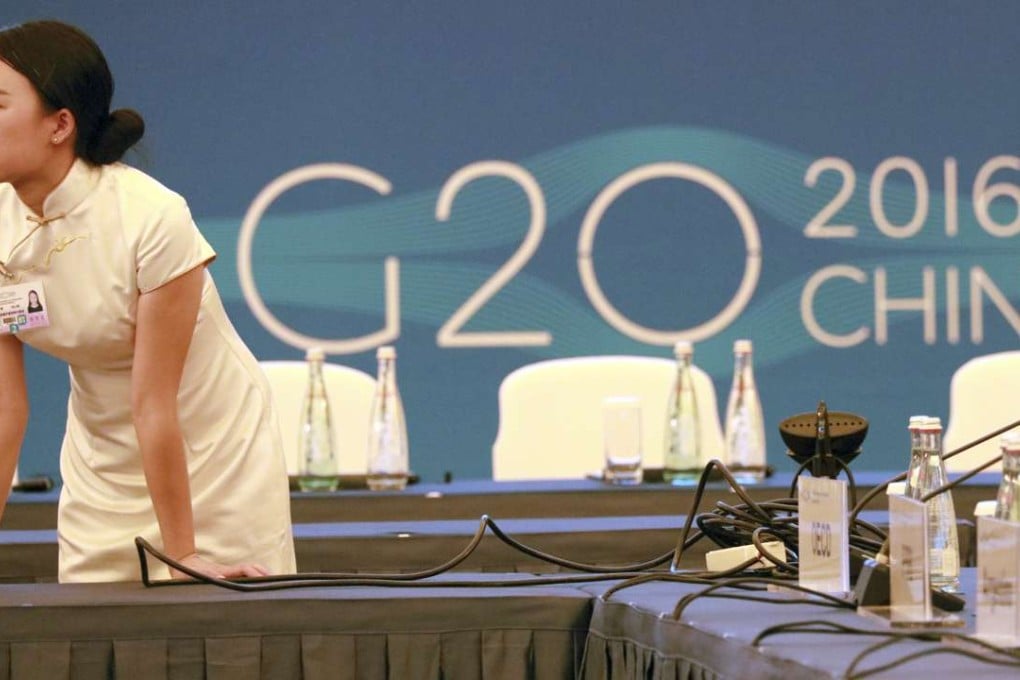Far-reaching goals at the G20 summit are within the world’s – and China’s – grasp
Justin Yifu Lin calls on host China to lead in the push for a multilateral investment agreement that will aid growth in developing countries and help close the global capital and income gaps

In September, China will host the G20 meeting of world leaders for the first time. It could not have chosen a more opportune moment to assume a leadership role. President Xi Jinping (習近平) should seize the occasion to push China’s ambitious development agenda globally. Specifically, Xi should make the case that development done right benefits everyone, and he should launch discussions on a multilateral investment agreement to be developed in the next year.
This is an achievable goal for the summit: the G20 has a record of relative success in coordinating multilateral efforts, such as in its response to the 2008 global financial crisis. Moreover, the ingredients of successful development are very well known. They include constant technological improvement, a focus on maximising human and physical capital, and infrastructure investments geared towards reducing transaction costs and increasing efficiency.

China direct investment in the US set to top US$20b for the first time this year
We also know the gaps that exist in development. Developing countries today are constrained by low levels of human and financial capital, and by low reserves of, or access to, foreign exchange, which limits their ability to import the raw materials and equipment needed to ascend global value chains.
The best way to close the gaps in capital ... is through foreign direct investment
The best way to close the gaps in capital, and to increase access to foreign exchange, is through foreign direct investment. FDI should not be difficult to attract, because the potential returns should be higher in developing countries, where capital is scarce relative to labour. But as Nobel laureate Robert Lucas noted, capital has been flowing in the wrong direction, from low- to high-income countries.
As pointed out in a 2008 study for the Review of Economics and Statistics, poorer countries are deprived of capital flows partly because they lack the institutions that are needed to receive and facilitate investments. In a sense, these countries are trapped, because they need capital to develop these necessary institutions in the first place.
A multilateral investment agreement could fix this problem by making it easier to invest in developing countries. It could also strengthen the foundation for growth in developing countries by establishing investment protections and incentives, dispute-resolution procedures, and regulatory frameworks for investments made by state-owned enterprises and sovereign funds.
